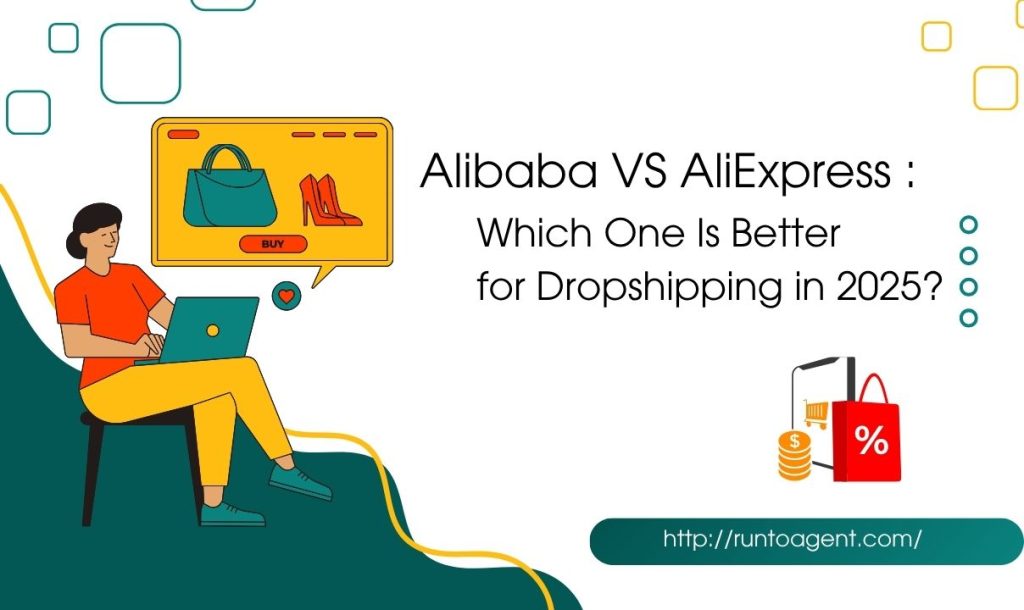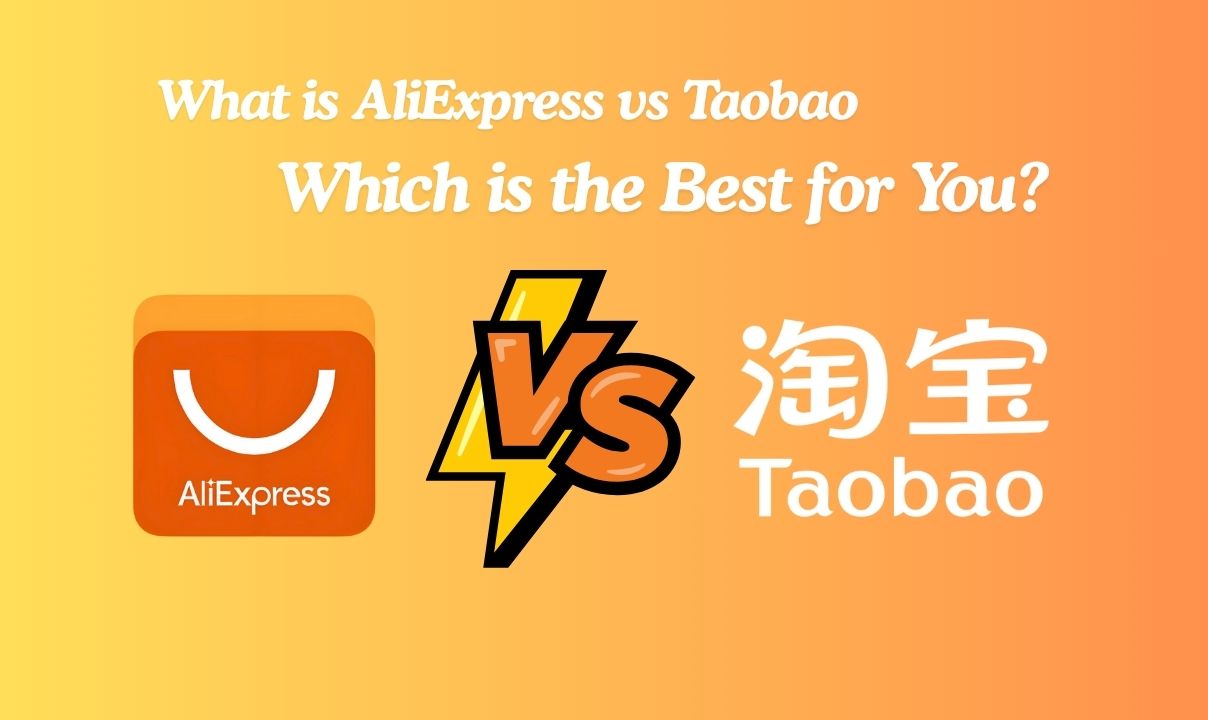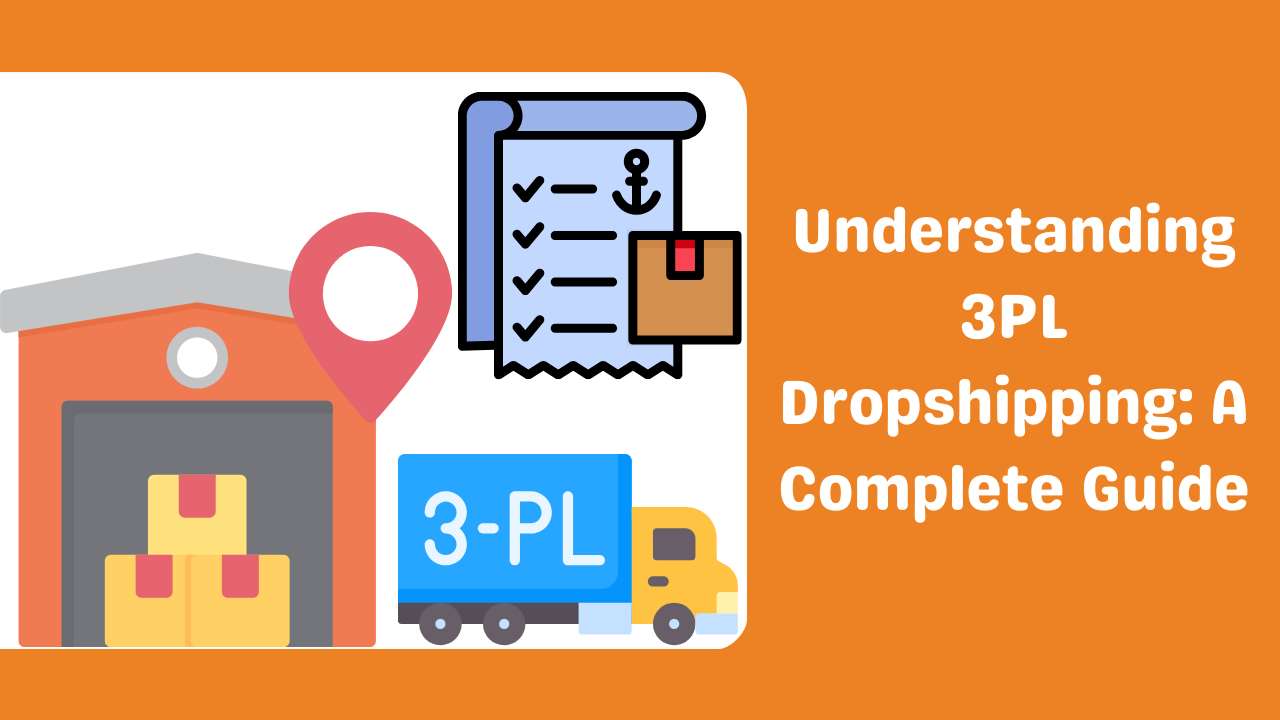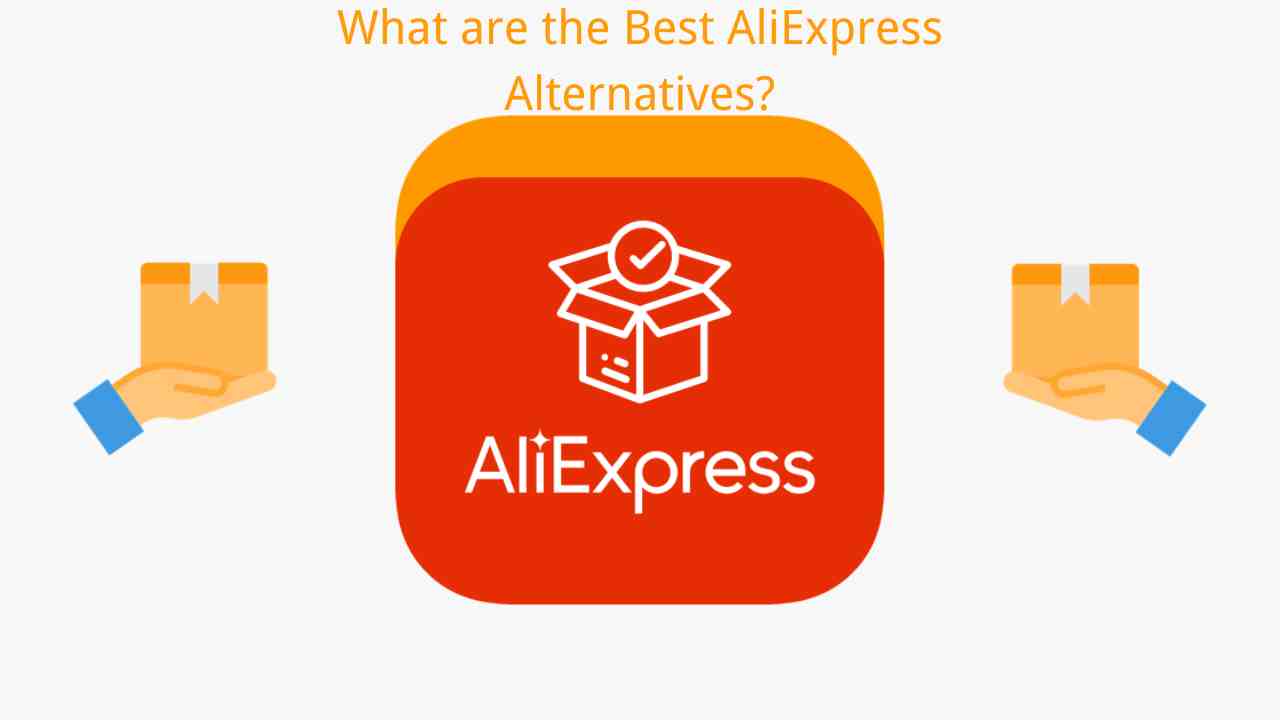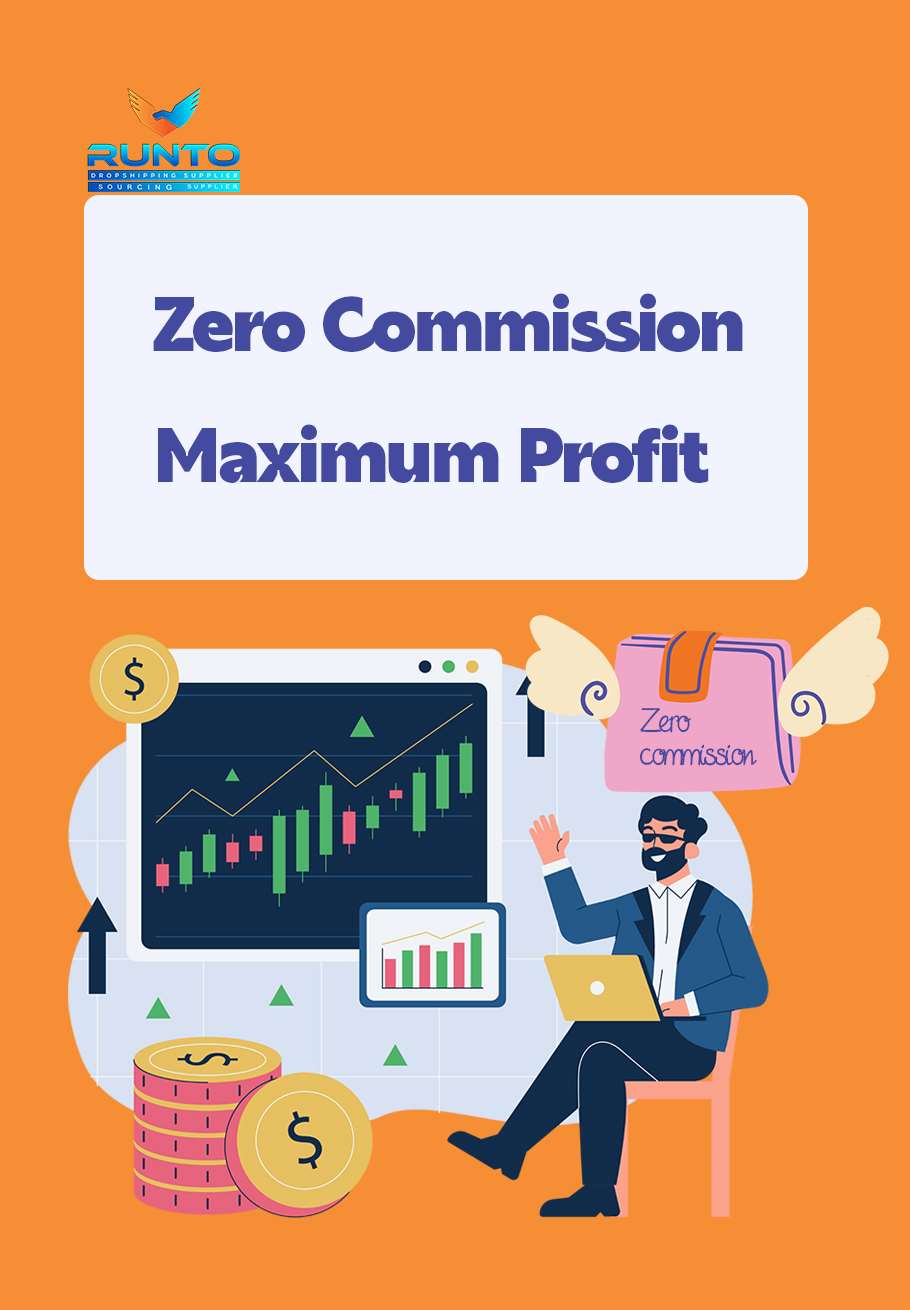Alibaba vs AliExpress is one of the most common comparisons in global e-commerce. Alibaba operates mainly as a wholesale marketplace, connecting businesses with manufacturers for bulk purchases, often with high minimum order quantities. AliExpress, in contrast, is designed for individual buyers and small e-commerce sellers, allowing single-item purchases with worldwide shipping. When it comes to aliexpress vs alibaba for finding the best dropshipping suppliers, the choice depends on your needs: Alibaba offers lower costs and private label options for large orders, while AliExpress provides faster fulfillment for smaller, test, or one-off orders.
Understanding the Key Differences Between Alibaba and AliExpress
When comparing Alibaba vs AliExpress for dropshipping, it’s important to understand that these platforms target different buyer needs, pricing models, and order processes. While both belong to the Alibaba Group, their operating models serve separate audiences — from bulk wholesale marketplace sourcing to retail-friendly single-item purchasing.
In the aliexpress vs alibaba debate, the key distinction lies in order volume and supplier engagement. Alibaba caters mainly to B2B buyers who work directly with factories or best dropshipping suppliers for customized, large-scale production. AliExpress, meanwhile, focuses on speed and accessibility for e-commerce sellers who want ready-to-ship products without meeting high minimum order quantities.
Here’s a quick comparison:
| Feature | Alibaba | AliExpress |
|---|---|---|
| Business Model | Wholesale marketplace (B2B) | Retail & small B2B (B2C-friendly) |
| Minimum Order Quantity (MOQ) | Usually 100–500+ units | Often 1 unit |
| Pricing | Lower per unit, bulk discounts | Higher per unit, small-quantity convenience |
| Customization | High — branding, packaging, product design | Limited or none |
| Delivery Speed | Slower (production time + shipping) | Faster (ready stock) |
| Best For | Large-scale buyers, brand owners, private label projects | New sellers, small orders, product testing |
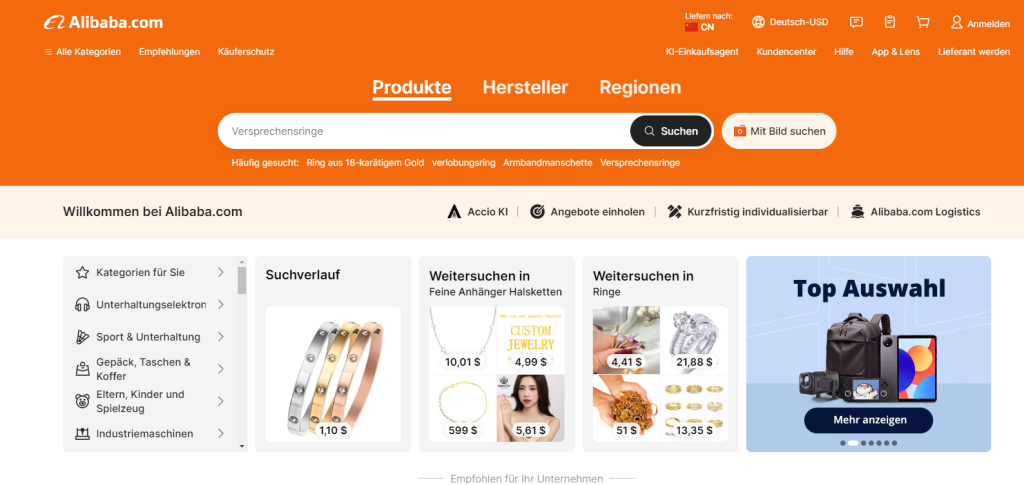
Which Platform Is Better for Dropshipping?
In the AliExpress vs Alibaba debate, especially for dropshipping, the choice largely depends on your business model, order volume, and operational goals. Both platforms offer access to a vast range of products and suppliers, but their approaches differ significantly.
From a MOQ perspective, AliExpress is better suited for beginners and small-scale sellers who want to test products without committing to large quantities. It allows you to source items one at a time, making it ideal for dropshipping suppliers for Shopify or WooCommerce stores that prioritize flexibility. In contrast, Alibaba typically requires higher minimum order quantities, making it more appealing to experienced sellers with established sales channels.
Lead time is another deciding factor. AliExpress often offers faster processing for small orders, but shipping can still take 7–30 days unless you work with suppliers who offer ePacket or local warehouse options. Alibaba, while generally slower for small samples, can deliver more consistent timelines for bulk shipments once production schedules are set.
In terms of supplier verification and quality inspection, Alibaba tends to have stricter factory audits and certifications, which may give experienced importers more confidence. However, AliExpress suppliers can also be vetted through order history, buyer feedback, and response times. Partnering with reliable dropshipping suppliers—whether found on Alibaba or AliExpress—requires performing your own due diligence, such as ordering test products and requesting compliance documents.
Case studies show that startup sellers often prefer AliExpress to quickly test product ideas without heavy upfront costs, while seasoned sellers lean toward Alibaba to secure lower per-unit costs, customized packaging, and stronger long-term supplier relationships.
However, experienced dropshippers seeking even deeper wholesale pricing advantages are increasingly turning to 1688.com, Alibaba’s domestic Chinese marketplace. Our comprehensive 1688 dropshipping guide reveals how to access factory-direct pricing through professional agents and achieve 50%+ profit margins that traditional platforms can’t match.
Pricing & MOQ Comparison
When evaluating the difference between Alibaba and AliExpress in terms of pricing and minimum order quantity (MOQ), the differences are clear—and they directly impact your sourcing strategy.
On Alibaba, prices are generally much lower because you’re dealing directly with manufacturers or large-scale trading companies. This enables significant bulk discounts and better long-term cost efficiency. However, the trade-off is that most suppliers require a higher MOQ, often ranging from 100 to 1,000 units, depending on the product. For businesses engaged in manufacturing sourcing, this model works well if you have the budget and storage capacity to handle large inventory purchases.
In contrast, AliExpress offers higher unit cost per product but allows you to purchase in small quantities—even sample orders or single units—without committing to a bulk contract. This flexibility is ideal for testing product demand, launching seasonal items, or running small-batch campaigns without overstock risk.
Here’s a side-by-side breakdown:
| Platform | Typical Unit Cost | MOQ Range | Suitable For |
|---|---|---|---|
| Alibaba | Low (factory pricing) | 100–1,000+ units | Bulk buyers, brand owners, private labeling |
| AliExpress | Higher (retail markup) | 1–10 units | Product testing, small batch procurement |
In short:
- Choose Alibaba if you prioritize low cost per unit and can meet high MOQs.
- Choose AliExpress if you need flexibility, want to validate products before committing, or operate a small-scale dropshipping model.
If you want factory-level Alibaba pricing without the burden of high MOQs, a sourcing partner like RuntoAgent can negotiate smaller batches while maintaining wholesale cost advantages.
Shipping Time & Logistics
When comparing Alibaba vs AliExpress shipping time, the main difference comes from the logistics models they use.
On Alibaba, bulk orders are typically shipped via sea freight or air freight. While air shipping can deliver in 5–10 days for urgent orders, sea shipping is far more cost-effective for large volumes but takes 20–45 days depending on the route and customs clearance speed. The lead time also includes production time, which can add 1–4 weeks before your goods even leave the factory.
AliExpress, on the other hand, focuses on small package direct shipping. Many sellers use ePacket (for lighter goods) or express shipping options like DHL, UPS, and FedEx. Delivery time varies from 7–20 days for ePacket and 3–7 days for express couriers. While shipping costs per unit are higher, the ability to send items immediately after purchase means faster turnaround for dropshipping operations.
Here’s a quick cross-border delivery comparison:
| Platform | Main Shipping Methods | Average Delivery Time | Typical Shipping Cost | Suitable For |
|---|---|---|---|---|
| Alibaba | Sea freight, air freight | 20–45 days (sea) / 5–10 days (air) | Low per unit (bulk rates) | Bulk orders, wholesale shipments |
| AliExpress | ePacket, express shipping | 7–20 days (ePacket) / 3–7 days (express) | Higher per unit (retail) | Small orders, dropshipping |
Reliability & Tracking:
- Alibaba bulk shipments often rely on freight forwarders and may require manual coordination for tracking updates.
- AliExpress orders generally include automated tracking numbers, but reliability depends on the seller’s shipping partner.
Tip: If you’re a dropshipper who values shorter lead times and easy tracking, AliExpress is more convenient. But if you’re building inventory for wholesale or brand manufacturing, Alibaba’s bulk logistics cost savings outweigh the slower delivery.
This shipping time difference is a key factor when deciding between Alibaba vs AliExpress for dropshipping.

Buyer Protection & Payment Security
When comparing Alibaba for dropshipping with AliExpress for dropshipping in terms of buyer protection, both platforms offer mechanisms to protect buyers — but they are designed for different transaction sizes and risk levels.
1. Buyer Protection Systems
- Alibaba uses Trade Assurance, which acts as an escrow service. Payments are held until the buyer confirms order receipt and product quality. If there’s an issue (e.g., shipment delay, quality discrepancy), you can file a claim within the protection period.
- AliExpress offers a Buyer Protection program, which guarantees a refund if products are not delivered within the promised time or do not match the description. The system is more automated for small orders, with easier tracking and refund requests directly via the platform.
2. Payment Security
- On Alibaba, secure transactions are processed through escrow payment systems, bank transfers, or credit cards. For large orders, Letter of Credit (L/C) can also be used for extra assurance.
- On AliExpress, most sellers accept secure payment methods like credit cards, PayPal (in some countries), and Alipay. These are more user-friendly for individual dropshippers and first-time buyers.
3. Refund & Dispute Resolution Efficiency
- Alibaba disputes can take longer (often 7–30 days) due to the involvement of large sums, production timelines, and third-party logistics checks.
- AliExpress generally processes disputes faster (3–15 days) for small orders, but the outcome heavily depends on seller cooperation and evidence provided.
| Feature | Alibaba (Trade Assurance) | AliExpress (Buyer Protection) |
|---|---|---|
| Coverage Scope | Late delivery, quality issues, non-shipment | Late delivery, wrong/defective items |
| Payment Methods | Escrow, bank transfer, L/C, credit card | Credit card, PayPal, Alipay |
| Refund Speed | 7–30 days | 3–15 days |
| Fraud Risk Handling | Manual investigation | Platform-automated review |
| Best For | Bulk orders, manufacturing sourcing | Small orders, dropshipping |
💡 Tip: If you want the fast dispute resolution of AliExpress but with Alibaba’s lower pricing, working with a trusted sourcing agent can combine the best of both worlds — giving you strong fraud risk control and secure payment handling without long waiting times.
Product Quality & Supplier Credibility
When discussing alibaba vs aliexpress quality, the main difference comes down to supplier type, product sourcing method, and the platform’s seller verification standards.
1. Supplier Types & Manufacturing Sources
- Alibaba primarily connects buyers with manufacturers, OEM/ODM factories, and large-scale trading companies. This makes it ideal for bulk orders and manufacturing sourcing where you can negotiate product specifications, branding, and quality standards before production.
- AliExpress, on the other hand, is a retail-focused marketplace with many small trading companies and resellers. Products are usually ready-made, limiting customization but allowing immediate purchase.
2. Platform Verification & Trust Signals
- Alibaba sellers can be verified through Onsite Checks, third-party inspection agencies, and Gold Supplier memberships. Buyers can also request supplier verification reports to check business licenses and production capabilities.
- AliExpress relies more on platform-level trust metrics, such as store ratings, feedback scores, and buyer reviews. While helpful, these can be manipulated, so cross-checking is essential.
3. Counterfeit & Misrepresentation Risks
- Alibaba has stricter policies for branded products due to its B2B nature, but counterfeit risks still exist if dealing with non-verified suppliers.
- AliExpress has more counterfeit risk in certain categories (fashion, electronics, accessories) since sellers often list trending branded items without proper authorization.
4. Quality Control Recommendations
- For Alibaba: Always request pre-production samples and arrange quality inspection before shipping.
- For AliExpress: Order small test batches from multiple sellers to compare product quality before committing to long-term dropshipping.
| Aspect | Alibaba | AliExpress |
|---|---|---|
| Supplier Type | Manufacturers, OEM/ODM, traders | Retailers, resellers, small traders |
| Customization Options | High (private labeling, OEM) | Low to medium |
| Verification Process | Third-party audits, onsite checks | Store ratings, buyer reviews |
| Counterfeit Risk | Medium (with unverified suppliers) | High in certain categories |
| Best Practice | Samples + QC inspection | Small test orders + seller vetting |
💡 Tip: If you need consistent product quality without spending weeks on verification, working with a trusted dropshipping supplier or China-based sourcing agent can ensure both supplier credibility and quality inspection before shipment — removing much of the trial-and-error risk.
This is why many experienced sellers research Alibaba dropshipping suppliers or AliExpress dropshipping suppliers before committing.

Finding Reliable Dropshipping Suppliers
When it comes to scaling a business beyond trial orders on Alibaba or AliExpress, finding trusted dropshipping suppliers in China becomes the critical step for long-term success. The right partner ensures you maintain product quality, meet delivery deadlines, and avoid costly disputes.
1. Why Not Rely Solely on Alibaba/AliExpress
While these platforms give access to thousands of sellers, they also bring challenges:
- Supplier inconsistency — The same store may change factories over time, leading to quality fluctuations.
- Limited customization — Especially on AliExpress, sellers often provide only ready-made goods, making it hard to stand out.
- Higher operational risk — Without a direct relationship, you depend entirely on platform policies for dispute resolution.
2. How to Identify Reliable Partners
To find reliable dropshipping suppliers, apply a multi-step vetting process:
- Check operational history — At least 3–5 years of continuous business is a good sign.
- Assess communication quality — Fast, clear, and professional responses indicate service reliability.
- Request product samples — Compare multiple suppliers before committing.
- Evaluate fulfillment capabilities — Ask about warehousing fulfillment, processing speed, and multi-channel integration.
3. The Role of Independent Agents
A professional dropshipping agent can bridge the gap between wholesale marketplaces and your store by offering:
- Private labeling — Build your brand with custom packaging and logo printing.
- Product customization — Modify colors, materials, or features to match your market demand.
- Small batch procurement — Test new products without committing to large MOQ.
- End-to-end quality inspection — Ensure every shipment meets your standards.
4. RuntoAgent as an Example
Many global sellers work with sourcing partners like RuntoAgent to secure trusted dropshipping suppliers in China. By combining product sourcing, private labeling, and multi-channel logistics, these agents reduce operational risk and speed up delivery — something Alibaba and AliExpress sellers can’t always guarantee.
| Step | What to Check | Why It Matters |
|---|---|---|
| Business History | 3–5+ years in operation | Indicates stability and experience |
| Communication | Fast, clear, professional | Avoids delays and misunderstandings |
| Samples | Quality consistency across multiple orders | Confirms supplier reliability |
| Logistics | Warehousing fulfillment, fast dispatch | Directly impacts customer satisfaction |
💡 Pro tip: Even if you start with Alibaba or AliExpress, building a relationship with a reliable dropshipping supplier early will protect your business from sudden price hikes, shipping delays, or product recalls.
Better Alternatives for Serious Sellers
For sellers who are scaling up or want more control over product quality, relying solely on Alibaba or AliExpress can be limiting. That’s where working with the best dropshipping suppliers and professional sourcing agents becomes a game-changer.
1. When Alibaba/AliExpress Isn’t Enough
- High-volume orders — Platform sellers may not have the production capacity or flexibility to handle rapid scaling.
- Custom branding needs — Private label packaging, logo printing, or custom product designs are rarely feasible on AliExpress.
- Compliance requirements — Sellers targeting the EU or US often need certificates (CE, FCC, CPSIA) that not all marketplace suppliers can provide.
- Long-term stability — Switching suppliers on Alibaba/AliExpress is common, but it can disrupt your supply chain.
2. Why Professional Dropshipping Agents Offer an Advantage
Agents specializing in multi-channel logistics, warehousing fulfillment, and product sourcing provide:
- End-to-end service — From supplier vetting to shipping, you deal with one accountable partner.
- Faster delivery times — By using local warehouses or consolidated shipping channels.
- Quality control — Every batch undergoes inspection before dispatch.
- Inventory management — Stock products in strategic locations to serve your customers faster.
3. Example: RuntoAgent’s Role
RuntoAgent works with global e-commerce sellers to solve the limitations of marketplace sourcing. Services include:
- Private label solutions for brand building.
- Small batch procurement to test new products without overstock risk.
- Custom packaging to differentiate your brand in competitive markets.
- Multi-channel fulfillment for Shopify, Amazon, and other platforms.
| Service Feature | Benefit for Sellers |
|---|---|
| Private labeling | Builds brand identity and customer loyalty |
| Warehousing fulfillment | Reduces delivery times and costs |
| Quality inspection | Protects your reputation from defective products |
| Multi-channel logistics | Integrates with multiple e-commerce platforms seamlessly |
💡 Pro tip: If your goal is sustainable scaling, partner with the best dropshipping suppliers early — don’t wait for your first major supply chain failure to make the switch.
Pros and Cons of Alibaba for Dropshipping in 2025 (Honest Seller Review)
Alibaba is a well-known wholesale marketplace that connects global buyers with manufacturers and trading companies, primarily in China. For dropshippers, it offers access to manufacturing sourcing, bulk pricing, and custom production — but it also comes with higher minimum order quantities (MOQ) compared to AliExpress.
✅ Pros:
- Lower unit cost when buying in bulk, ideal for scaling a store.
- Wide variety of product customization and private labeling options.
- Supplier verification features like Gold Supplier and Onsite Check.
- Strong trade assurance program for payment and delivery protection.
❌ Cons:
- High MOQ can make it challenging for new dropshippers testing products.
- Shipping is often slower (sea freight or air freight), with longer lead times.
- Requires more negotiation and communication with suppliers.
- Not all sellers offer dropshipping; many prefer bulk orders.
📌 Best For: Experienced sellers or businesses ready to invest in inventory, especially those focusing on trusted dropshipping suppliers in China with branding needs.
Pros and Cons of AliExpress for Dropshipping in 2025 (Complete Guide)
AliExpress is designed for B2C e-commerce sellers and allows small batch procurement or even single-unit orders — making it a favorite for Shopify dropshipping beginners. It offers a wide product range, ePacket shipping options, and easy ordering without complex negotiations. However, it also has drawbacks like inconsistent shipping times and varied seller quality.
✅ Pros:
- No MOQ, ideal for testing products before bulk buying.
- Simple ordering process without supplier negotiations.
- Integrated buyer protection and secure payment options.
- Broad product selection across multiple categories.
❌ Cons:
- Higher per-unit cost compared to bulk Alibaba pricing.
- Shipping can be slow (15–45 days) depending on destination and method.
- Quality control varies greatly between sellers.
- Risk of counterfeit products without proper supplier verification.
📌 Best For: New dropshippers or sellers running low-risk product testing, especially those needing reliable dropshipping suppliers without committing to bulk inventory.

FAQ: Alibaba vs AliExpress
1. Which is better for dropshipping — Alibaba or AliExpress,and what’s the main difference?
If you want to start small and test products without committing to large inventory, AliExpress is more suitable. For bulk orders with lower unit cost and custom branding options, Alibaba is the better choice.
2. What’s the average shipping time on Alibaba vs AliExpress?
On Alibaba, lead time depends on manufacturing schedules and shipping method—typically 15–45 days by sea, or 7–15 days by air freight. AliExpress offers small parcel shipping with options like ePacket (7–20 days) or express couriers (5–10 days).
3. Which platform offers better buyer protection?
Alibaba provides Trade Assurance, which protects payments until you confirm order satisfaction. AliExpress uses an escrow payment system and buyer protection policies to hold funds until the product is delivered and accepted.
4. Can I find reliable Alibaba dropshipping suppliers or AliExpress dropshipping suppliers?
Yes, but supplier verification is crucial. Look for high ratings, transaction history, and verified badges. Many sellers on both platforms also accept small batch or sample orders for testing.
5. Are payments secure on Alibaba and AliExpress?
Both platforms support secure payment methods, including credit cards, PayPal (AliExpress only in certain regions), and bank transfers. Avoid off-platform payments to reduce fraud risk and maintain dispute rights.
Conclusion: Choosing the Right Platform for Your Dropshipping Business
When comparing Alibaba vs AliExpress for dropshipping, the right choice depends on your business stage, order volume, and sourcing goals.
- AliExpress is ideal for beginners and sellers testing new products with minimal investment.
- Alibaba suits established businesses ready to place bulk orders, negotiate better pricing, and secure private labeling.
However, both platforms require careful supplier verification, quality inspection, and logistics planning to avoid delays, product mismatches, and compliance issues.
For serious sellers aiming for consistent quality, faster shipping, and lower operational risk, partnering with a trusted dropshipping agent in China—such as RuntoAgent—can bridge the gap. By handling product sourcing, private labeling, warehousing, and multi-channel logistics, a professional agent ensures that your supply chain stays reliable and scalable.
Action point: Whether you choose Alibaba or AliExpress, start with small test orders, monitor supplier performance, and build long-term relationships with reliable partners who can support your business growth.
By doing so, you can take advantage of the strengths of Alibaba and AliExpress while minimizing their weaknesses.
👉 After comparing platforms, it’s useful to review our Procurement Strategy for a structured approach to sourcing in China.

